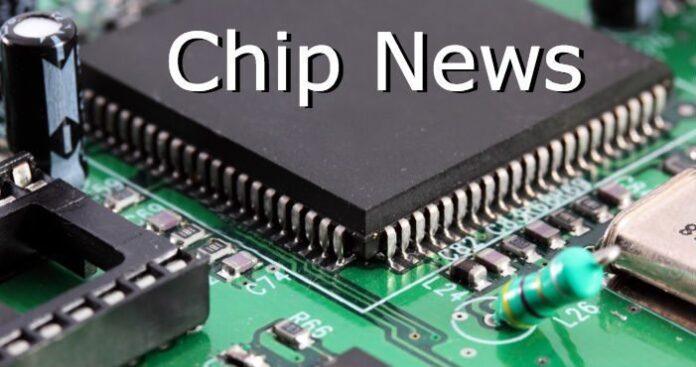On June 1, chipmaking giant Intel announced plans to purchase smaller competitor Altera for $16.7 billion, or $54 a share, in an all-cash deal.
Consolidation in the semiconductor industry is clearly a trend. Last week Avago Technologies announced a $37 billion deal to acquire Broadcom in the largest chip deal ever. In March Freescale agreed to an acquisition by NXP Semiconductor for more than $16 billion.
Hundreds of Programming career opportunities await. Find your perfect fit at TelecomCareers today!
But the Intel deal in particular appears to be drawing mixed reactions from industry analysts.
While analysts overall are bullish on Intel’s planned buy of Altera, one was less than impressed.
BMO Capital’s Ambrish Srivastava downgraded Intel to Market Perform from Outperform on news of the acquisition, while reducing the price target from $40 to $33.
He was quoted by CNBC as saying: “… we don’t agree with Intel that the opportunity is as big as Intel is talking about … We don’t concur with Intel on the growth rate for Altera. Remember, this company has had a negative CAGR [compounded annual growth rate] of 2% for the last three years, in the midst of the biggest capital spending from carriers we have seen, especially in China.”
Meanwhile, UBS analysts said there was “lots to like” with the Altera deal while at the same time deeming it “expensive.”
In a June 1 research note obtained by RCR Wireless News, UBS analysts maintained their “Buy” rating on Intel’s stock.
“Intel is paying $54/sh for Altera, which is a P/E multiple of 34x the consensus 2016 EPS for Altera of $1.58,” UBS analysts wrote. “This is higher than our estimate of 24x which was based on an average of recent comparable semi transactions and the US semis average of 18x.”
Overall, the UBS analysts view the deal positively because they believe it shows the company is willing to take steps to address uncertain PC chip sales going forward by focusing even more on sales opportunities in data center and the “Internet of Things.”
From a high level, the UBS analysts also estimated that Altera’s exposure to the networking communications/data center markets would help increase Intel revenues to that end market, which would benefit Intel given increased revenue diversification and less PC dependence.
“We also believe Altera’s strong exposure to the wireless base station market will give Intel new exposure and could help Intel achieve better relationships with carriers,” they wrote.

